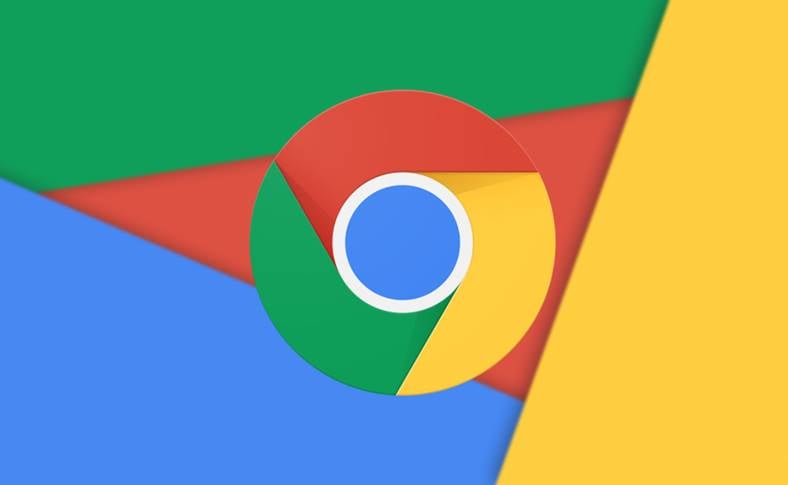Google Chrome. Cea mai mare problema pe care o are in momentul de fata browserul celor de la Google este consumul foarte mare de memorie RAM, foarte multi utilizatori plangandu-se din cauza acestei probleme. Cei de la Google stiu deasemenea despre existenta ei, asa ca au decis sa lucreze la o rezolvare care sa faca Google Chrome mai usor de folosit de catre toata lumea, iar ea ar putea fi oferita in mod public in viitorul nu foarte indepartat.
Google Chrome. Conform unor informatii descoperite in interiorul codului sursa al browserului, cei de la Google intentioneaza sa reduca intr-o buna masura consumul de RAM prin blocarea unor functii pana la inchiderea browserului. Printre acestea se numara stergerea cache-urilor din Google Chrome, raportarea de informatii despre utilizare, catre Google, scrierea de informatii pe HDD-urile pe care e instalat browserul, plus alte functii de acest gen, care consuma multa memorie RAM.
Google Chrome va avea intr-un final rezolvata problema consumului de memorie RAM
Google Chrome. Toate aceste lucruri urmeaza sa fie facute abia cand browserul va fi inchis efectiv de catre utilizator, astfel ca intre timp restul functiilor vor functiona mult mai bine, si cu consum mai redus de memorie RAM. Best Effort Tasks este denumirea functiei pe care Google Chrome o va avea implementata, si in mare, functionalitatea principala va avea prioritate la rulare si incarcare in RAM, in raport cu functiile care sunt mai putin importante pentru utilizator.
The new flag can be switched on and off on “chrome://flags”. It is disabled by default, and if turned on, all tasks of lowest priority “base::TaskPriority::BEST_EFFORT” will not be executed. This is equivalent to the command line flag “–disable-best-effort-tasks”. With this flag on, tasks of the lowest priority will not be executed until shutdown. The queue of low priority tasks can increase memory usage. Also, while it should be possible to use Chrome almost normally with this flag, it is expected that some non-visible operations such as writing user data to disk, cleaning caches, reporting metrics or updating components won’t be performed until shutdown.
Google Chrome. Task-urile care au prioritate redusa vor fi blocate pana la inchidere, dar nu se stie clar cam cata memorie RAM ar urma sa salveze aceasta schimbare, avand in vedere ca foarte multa e consumata. In momentul de fata, utilizatorii Google Chrome in versiune alpha au posibilitatea de a cauta flag-ul Best Effort Tasks pentru a activa aceasta functionalitate, insa exista posibilitatea ca ea sa nu fie 100% functionala, avand in vedere ca inca e testata.






















